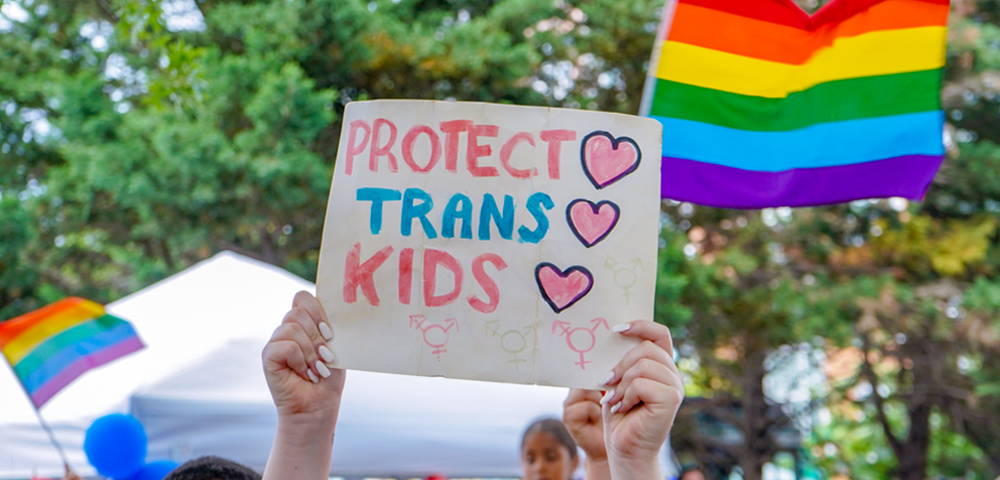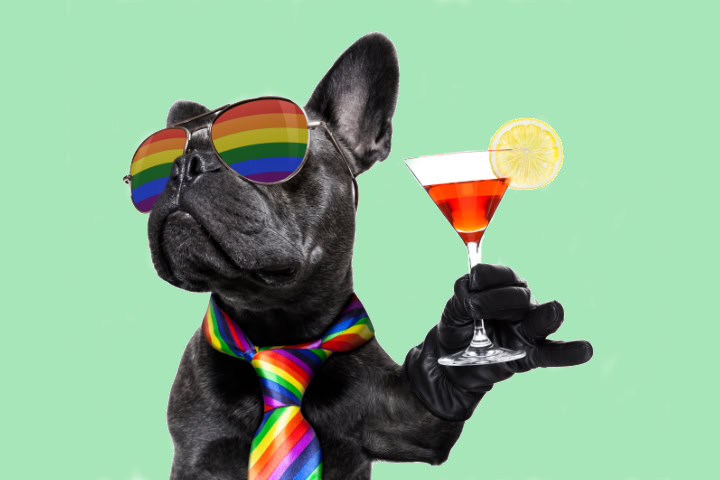
Integration in Switzerland
In 2004 the Swiss Parliament voted in favour of registered partnerships, creating equality nationwide in the areas of health insurance, pensions and taxes, but stopped short of adoption.
At the time Social Democrat Claude Janiak, who went on to become the first openly gay president of the Swiss National Council, said, Parliament has voted for a pragmatic solution which goes beyond that of Germany and other neighbouring countries.
The conservative religious party, the Federal Democratic Union, was staunchly opposed to the Bill and forced a popular referendum on the issue by collecting 50,000 signatures within 30 days of Parliament’s approval, in line with the Swiss system of direct democracy.
FDU parliamentarian Christian Waber said, Our constitution only gives protection to the family and marriage between two heterosexual people. All other lifestyles, including a homosexual way of life, are guaranteed through personal responsibility and must not be regulated by the state.
In a victory for gay rights, 58 percent of those voting in the referendum approved the legislation and thus Switzerland enshrined registered partnerships through both an Act of Parliament and popular vote: a somewhat unique dual reinforcement of equality. The law came into effect in January 2007.
Swiss activist Yves Guisan said, I am really proud of the Swiss people, who have proved their openness and courage.
Reto, who’s from the country’s German-speaking region said, The Swiss people are proud of their political, cultural and linguistic diversity for such a small country. That is why the broader population voted in favour of the legislation because we’re used to difference.
Geneva started the partnership recognition ball rolling in 2001. Geneva has historically been a left-leaning city, with a track record of defending human and social rights, Reto said.
Zurich followed suit in 2003, with the German-speaking city becoming the first region in the world to approve registered partnerships at a referendum. Almost two-thirds of the canton voted in favour.
In Switzerland, people tend to let people live the lives they want. There is a very large tolerance for difference, Reto said.
This acceptance of diversity is perhaps underpinned by the 1999 Swiss Constitution which enshrined an implied anti-discrimination clause on the basis of sexuality, translated literally as -˜way of life’, or more loosely interpreted as -˜lifestyle choices’.
Article 8 states, No one may be discriminated against, in particular on grounds of origin, race, gender, age, language, social position, way of life, religious, ideological, or political convictions, or because of a physical, mental or psychological disability.
While a constitutional inclusion is a significant step, Switzerland lacks parliamentary laws prohibiting discrimination on the grounds of sexuality in the workforce. The umbrella gay activist organisation, Pink Cross, is attempting to rectify this.
Reto, who’s been in Sydney for six months, says the Swiss gay and lesbian population is generally integrated into Swiss culture.
Some countries have developed a gay style, but it hasn’t really caught on in Switzerland. If it did, we would look at that person with suspicion because it’s a subculture that is isolating itself rather than integrating itself.
Swiss people, including gays, try to be part of society, they like to be inclusive.









